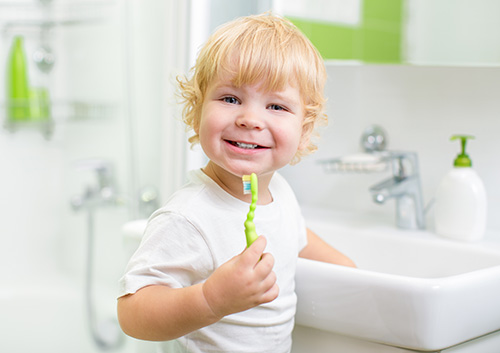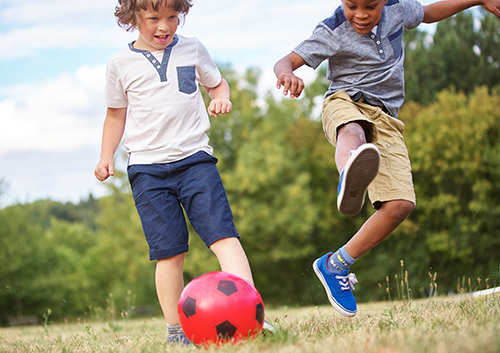Road Trip!
July 27th, 2022

The bags are packed, the trunk is loaded, the route is programmed into your GPS, the playlist is set, and your destination awaits! Sometimes there’s just nothing more appealing than a road trip. So, to make your trip even more enjoyable, here are some dental tips to help keep you feeling clean and fresh over the long haul.
- Fuel Up
If you’re bringing some road snacks, be sure to include a few that will help clean teeth and freshen breath. Packing a supply of bottled water helps you stay hydrated, washes away food particles, and eliminates the bad breath caused by dehydration. Carrots and apples are not only nutritious and tasty, they apply a bit of gentle scrubbing action to your enamel as you chew. Traditional travel favorites like granola bars, beef jerky, and chips tend to stick to the teeth and provide cavity-causing bacteria a leisurely feast, so enjoy them in moderation. (If you’re driving, save the snacks for a rest stop—not only is eating while driving prohibited in some areas, it’s a distraction you don’t need on the highway.)
- Roadside Diners
The occasional sticky, sweet, or chewy indulgence is fine at home, but when you have hours in the car ahead of you, you might want to turn down the pecan pie, the giant pretzels, and the roadside sea salt caramels. Again, cavity-causing bacteria love sugars and simple carbs, and food that finds its way into tooth crevices finds its way onto their menu. And, it goes without saying, passing up garlic, onions, and spicy foods will help your mouth feel fresher longer—and make your travel companions happier.
- Car Wash
Bring a travel-sized toothbrush and tube of toothpaste with you for a quick cleaning when you stop for a break. A ventilated case will keep your brush dry (bacteria like damp conditions) and away from questionable surfaces. Disposable mini-travel brushes are available that come with a bead of cleaner pre-loaded and ready to use—you don’t even need water for a cleaner mouth and fresher breath. Food particles do not make good travel buddies so don’t forget dental picks or floss. And if you can’t brush right away, try a rinse with water or chew a piece of sugarless gum. Sugar free gum can help stimulate saliva production, which is a good way to wash away food particles and neutralize acids in the mouth.
- Roadside Repair
Even with the best preparation, accidents can happen. That’s why you have a spare tire and a lug wrench in your trunk. It pays to be prepared for a dental emergency on the road as well. There are dental travel kits available in stores and online, or create one for yourself. Along with your first aid kit, pack dental picks, antimicrobial wipes, sterile gauze, a mirror, and any other supplies you think might come in handy. If you wear braces or a retainer, be sure to include dental wax in case of an uncooperative wire, and a case to protect and keep track of your retainer. And it’s a good idea to keep our Mt. Pleasant office’s number on hand in case of emergency.
It’s a big country, and cruising the streets and highways is a wonderful way to explore it! But if you’re having any dental problems, be sure to see your dentist before taking off—after all your preparation, you don’t need a dental emergency to ruin your trip. Then, pack your bags, load your trunk, set your GPS, pick a playlist with something for everyone, and get ready to enjoy happy travels and healthy smiles!






